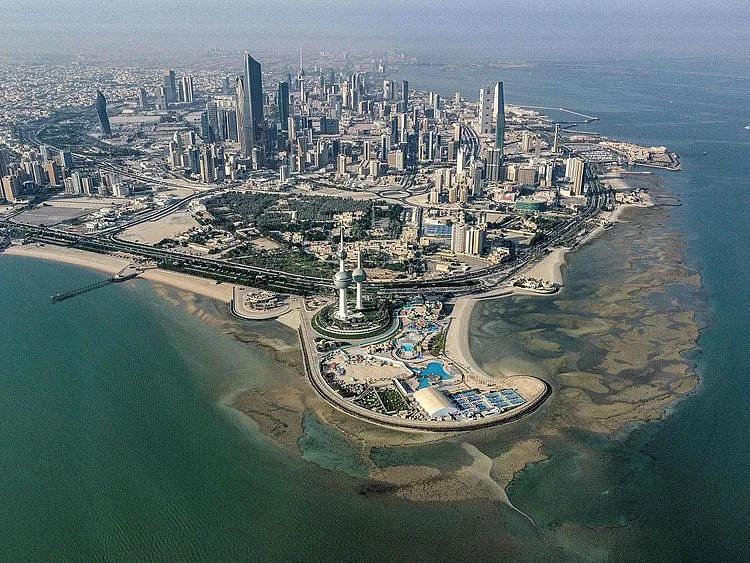Cairo: Kuwaiti authorities have halted the deportation of an expatriate after he set his solitary confinement cell on fire, an act categorised as a criminal case, a Kuwaiti media report.
The 57-year-old man had provoked a series of problems while he in a deportation facility in the suburb of Al Sulaibiya in Al Jahra Governorate in north-western Kuwait, Al Anba newspaper quoted a security source as saying.
“Therefore, it was decided to put him in a solitary confinement,” the source added. “But the expatriate ignited a deliberate fire inside his jail,” the source added. A case of arson has been registered against the expat whose nationality was not revealed.
The case comes as Kuwait is going ahead with a large-scale clampdown on foreign violators of its residency law, netting more than 4,000 illegals over two months.
The crackdown got underway after an amnesty deadline for illegal residents expired on June 30.
More than 65,000 such expatriates in Kuwait benefitted from the three-month deadline introduced earlier this year for unlawful residents to readjust their status or face deportation, Chief of the General Directorate for Residency Affairs at the Kuwaiti Interior Ministry Brig Yussuf Al Ayub said this week.
He added that expats arrested after the expiration of the deadline are deported from the country and will not be allowed to re-enter.
“Any arrested violator who is found to be involved in criminal cases other than absenteeism or violating the residency law is referred to competent agencies to take the necessary measures,” he remarked. Meanwhile, sponsors of violators would be blocked from recruiting overseas workers.
The amnesty, which commenced on March 17, allowed illegal expatriates to readjust their residency status or willingly leave the country.
Irregular expatriates, who had no passports, were able to leave Kuwait without having to pay a fine and re-enter the country.
The deported violators will also be banned from re-entering Kuwait for life and other GCC countries for five years, media reports said.
Sign up for the Daily Briefing
Get the latest news and updates straight to your inbox
Network Links
GN StoreDownload our app
© Al Nisr Publishing LLC 2026. All rights reserved.
